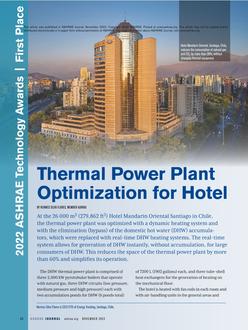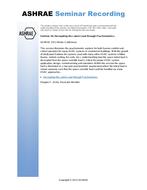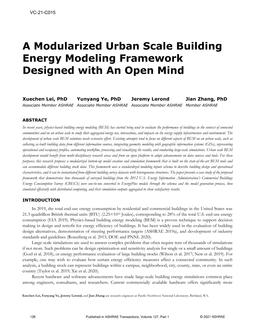Because of interest in pathogenic and toxicological materials, considerable research is being conducted in those areas. This work has been largely prompted by government regulation and recognition of possible major liabilities by companies. Most of the research being conducted involves handling pathogenic and toxic materials by laboratory personnel, dosing test animals under controlled conditions, and performing post-mortems. The safety of the personnel, the consistency of the test environment, and exclusion of unwanted contamination are addressed by the design engineer, the operating engineer, and the research personnel.
The heating, ventilating and air-conditioning system must be capable of keeping temperature and humidity within the required limits and of removing undesired substances such as animal dander, and hair and odors such as those of evaporated urine. As animals can be traumatized by noise and excessive air velocities, these must be dealt with carefully.
The type of filter required for supply air and, in some cases exhaust air, must be evaluated. Temperature and humidity controls must be carefully designed and differential room air pressures must be maintained. Because of the impact of the indoor environment on the quality of the researcher’s work, the design of the architectural layout must involve the HVAC engineer.
onducting post-mortems (necropsies) on test animals requires a well-designed air system to ensure the safety of the research staff.
These goals must be achieved at a reasonable construction cost. This paper addresses ways of achieving these ends.
Product Details
- Published:
- 1983
- Number of Pages:
- 9
- File Size:
- 1 file , 940 KB
- Product Code(s):
- D-DC-83-10-1
- Note:
- This product is unavailable in Russia, Belarus


